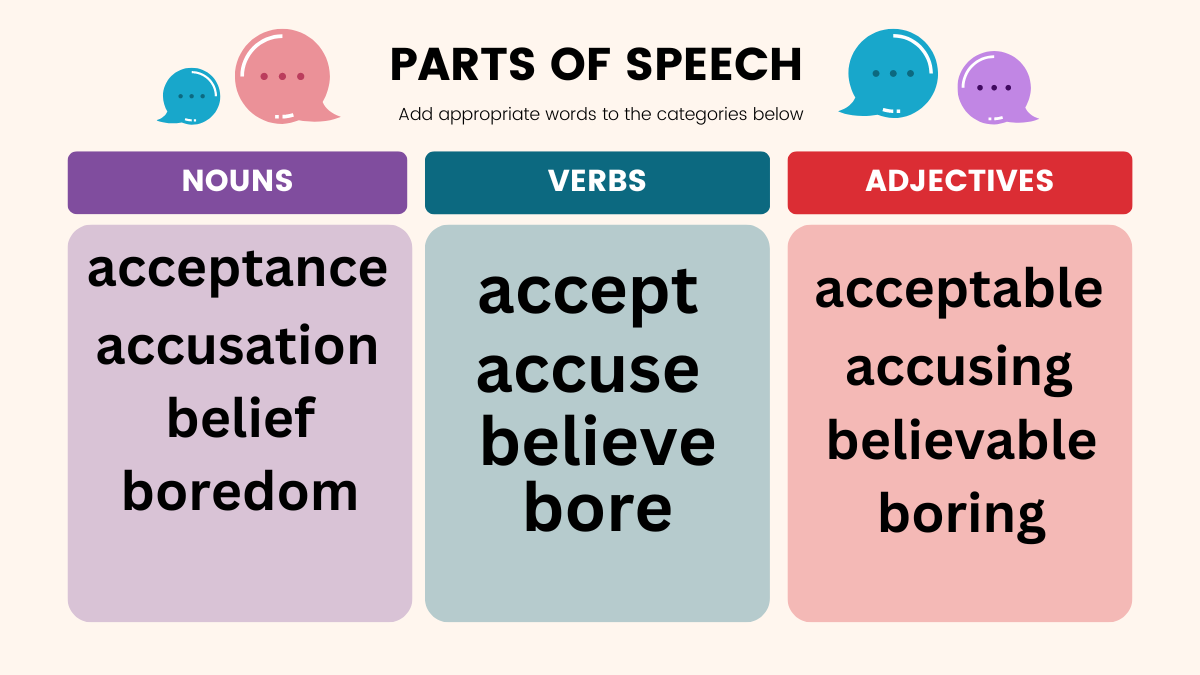Intermediate English Grammar
Grammar is the foundation of any language; whether you are a native speaker or learning the language as a second language, knowing the grammar rules is essential to communicate effectively. For non-native speakers, learning English grammar can be challenging, but it’s an essential skill to enhance proficiency in the language. In this blog, we will discuss intermediate English grammar and ways to improve your language skills.
- Nouns and Pronouns: Understanding these concepts is vital as they form the basic structure of any sentence. A noun is a person, place, or a thing, whereas a pronoun takes the place of a noun. It’s essential to know the different types of pronouns and how to use them correctly. For example, a personal pronoun is used to replace a noun while maintaining coherence; however, it must agree with the antecedent for clarity.
- Verbs and Tenses: Verbs are action or state of being words in a sentence. Understanding which verb to use in the right tense is vital to convey the intended meaning of a sentence. There are twelve verb tenses in English, which can be broadly classified into four categories: Simple, Progressive, Perfect, and Perfect Progressive. Knowing when to use each tense can be challenging, but with practice, it becomes easier.
- Adjectives and Adverbs: An adjective is used to describe and modify a noun while an adverb is used to modify verbs, adjectives, or other adverbs. It’s essential to understand when to use the appropriate adjective and adverb to convey the intended meaning. For example, if you want to express the degree of comparison, you may use adverbs such as more, most, or less to compare two nouns.
- Prepositions and Conjunctions: Prepositions are words that indicate the relationship between different elements of a sentence, while conjunctions join words, phrases, and clauses. Understanding the right usage of prepositions and conjunctions in a sentence can make it easier for the listener or reader to comprehend the intended meaning.
- Sentence Structure: Understanding these rules is essential to avoid run-on sentences and sentence fragments. In English, a sentence must have a subject and a predicate, and the different parts of a sentence must be placed in a specific order. It’s essential to understand the different types of sentence structures and when to use them.
Improving your intermediate English grammar skills can be done through consistent practice and effort. It may be challenging at times, but with the right resources, such as grammar guides and language tutors, you can master the different concepts. Don’t be discouraged if you make mistakes along the way; it’s an essential part of the learning process. Keep practicing and taking the time to review your work, and sooner or later, you’ll see the results. The end result is the confidence to communicate fluently, which is a valuable asset in our globalized world.

